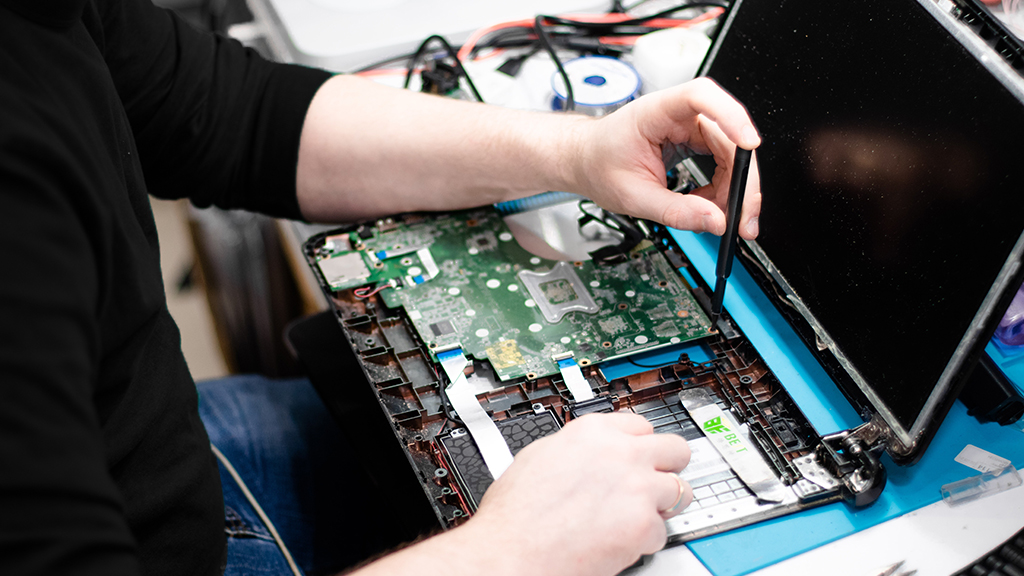Exploring the Diverse World of Security Cameras

In today’s rapidly evolving digital landscape, security cameras have become an integral part of safeguarding our homes, businesses, and properties. With a wide array of options available, each designed to cater to specific needs, it’s essential to understand the different types of security cameras. In this article, we will take a deep dive into the world of security cameras, exploring their various types and functionalities, including the best outdoor security cameras for protecting your home.
Security Cameras by Appearance
1. Dome Cameras
Dome cameras, also known as PTZ (Pan-Tilt-Zoom) cameras, are one of the most versatile types of security cameras available. They are often used in commercial settings but can be equally beneficial for homes. Dome cameras are named for their dome-shaped housings, which make them inconspicuous and less susceptible to tampering. These cameras offer the flexibility of remote control, allowing you to pan, tilt, and zoom to focus on specific areas.
2. Bullet Cameras
Bullet cameras are a popular choice for outdoor surveillance. Their cylindrical, bullet-like design makes them easily identifiable, which can serve as a deterrent to potential intruders. These best outdoor security cameras are typically weatherproof and designed to withstand harsh outdoor conditions, making them ideal for perimeter security.
Security Cameras by Connectivity
1. Wireless Cameras
Wireless cameras have gained immense popularity due to their ease of installation and flexibility. These cameras connect to your home’s Wi-Fi network, eliminating the need for complex wiring. They are particularly suitable for homes where drilling holes for cables may be impractical.
Wireless cameras can also be placed outdoors or in any other places within range of your Wi-Fi network and are perfect for monitoring outdoor spaces without the hassle of extensive wiring.
2. Hardwired Cameras
Hardwired security cameras, as the name suggests, require physical wiring for power and data transmission. While they may be more challenging to install, hardwired cameras offer a stable and reliable connection. They are less susceptible to interference and provide uninterrupted surveillance. For the utmost reliability and security, especially in outdoor environments, many homeowners opt for hardwired security cameras. They ensure continuous monitoring without the risk of signal loss.
3. IP Cameras
IP (Internet Protocol) cameras are a digital evolution of traditional analog cameras. They capture and transmit footage as data over a network, typically via Ethernet cables or Wi-Fi. IP cameras offer high-definition video quality and are compatible with various devices, including smartphones and computers. These cameras are versatile and can be used both indoors and outdoors. They are known for their advanced features, such as motion detection and remote access, making them a top choice for those seeking modern security solutions.
Security Cameras by Location
1. Outdoor Security Cameras
Outdoor security cameras are designed explicitly to withstand the elements. They are typically weatherproof and built to endure rain, snow, and extreme temperatures. These cameras are ideal for monitoring the exterior of your home, including entry points, driveways, and yards. When considering the best outdoor security cameras, look for features like night vision, wide-angle lenses, and motion detection to ensure comprehensive outdoor surveillance.
2. Indoor Security Cameras
While most security cameras are geared toward outdoor use, indoor security cameras play a vital role in safeguarding your home’s interior spaces. These cameras are ideal for monitoring indoor areas like living rooms, kitchens, and bedrooms. Indoor security cameras often offer features like two-way audio, allowing you to communicate with family members or pets when you’re away. They are an integral part of a comprehensive home security system.
Conclusion
Understanding the different types of security cameras is essential for selecting the right surveillance solution for your needs. Whether you require the flexibility of dome cameras, the visibility of bullet cameras, the ease of wireless options, the reliability of hardwired cameras, the advanced features of IP cameras, or the durability of outdoor and indoor security cameras, there’s a solution tailored to your specific requirements.






